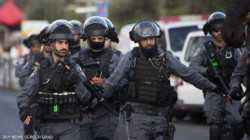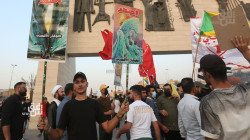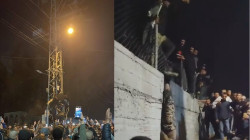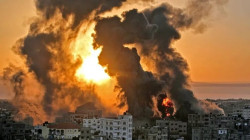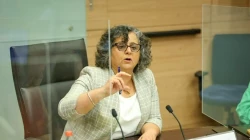Arab League calls for immediate ceasefire and global action in response to Israeli-Palestinian conflict
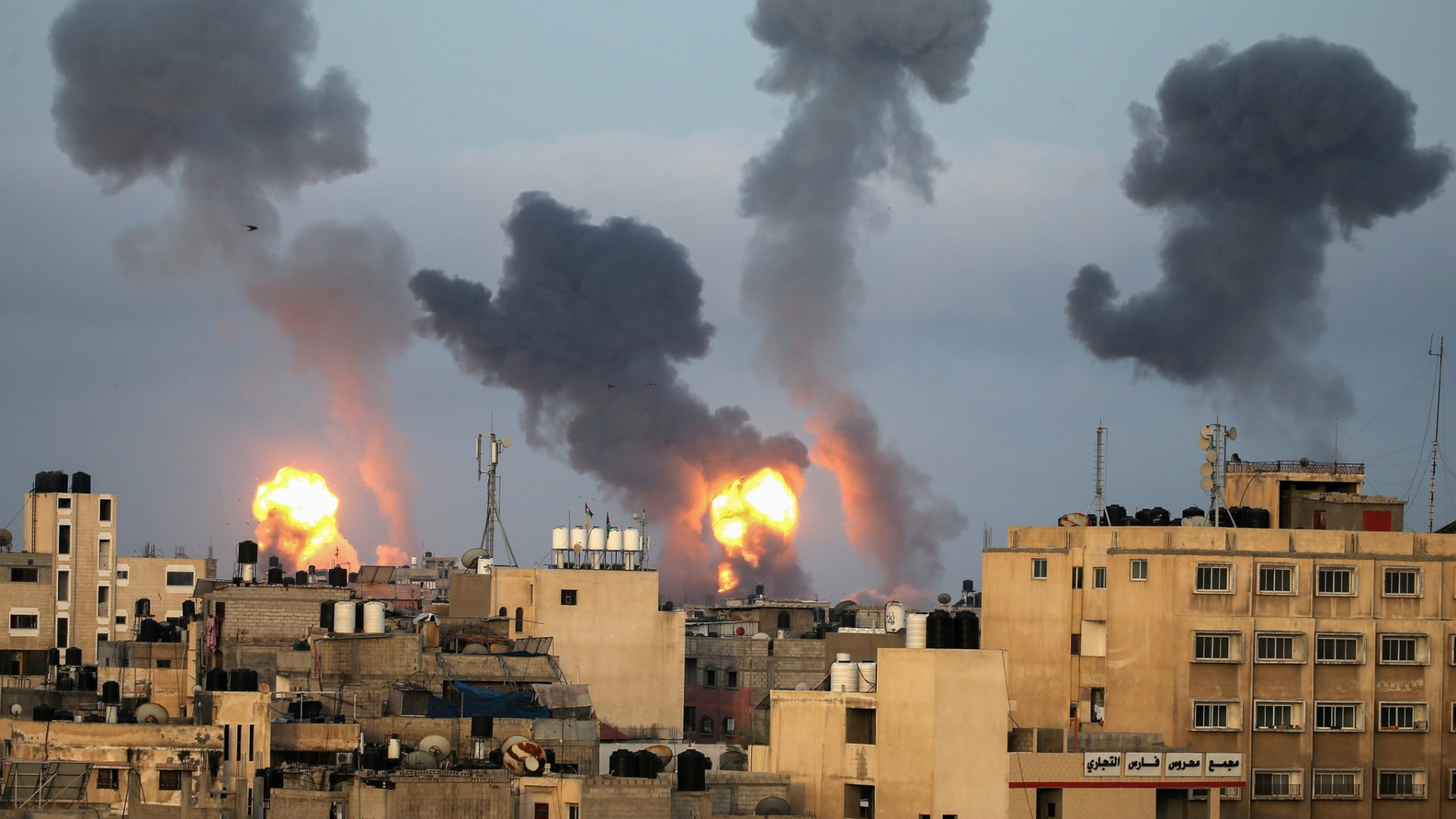
Shafaq News / The Arab League strongly condemned the loss of civilian lives on both the Palestinian and Israeli sides, emphasizing the critical need for their protection and an urgent cessation of hostilities. In an extraordinary meeting of foreign ministers, the Arab League highlighted the immediate necessity for halting Israel's military campaign in Gaza and the escalating tensions in the region.
The parties involved were urged to exercise restraint, with a warning about the dire humanitarian and security consequences if the ongoing escalation and its expansion continued. In their resolution titled "Israeli Aggression against the Palestinian People," the Arab League ministers, chaired by Morocco, called for robust international cooperation to swiftly address the situation, adhering to international law. This action is deemed essential to safeguard regional security and stability, preventing the peril of escalating violence that could impact everyone.
The foreign ministers unequivocally denounced actions in violation of international law and humanitarian principles. They stressed the imperative protection of civilians, in alignment with shared humanitarian values and international law. Furthermore, they called for the immediate release of civilians and all prisoners and detainees.
The ministers expressed their deep concern regarding the aggression and violations of rights suffered by the Palestinian people. They underlined the urgency of lifting the blockade on Gaza, enabling the immediate delivery of humanitarian aid, food, and fuel.
They demanded the reversal of Israel's unilateral decisions to cut off electricity and water supplies to Gaza, considering them unjust. Moreover, the ministers emphasized the need for Arab states and the international community to provide substantial financial support to confront the formidable challenges in this critical situation.
The Arab League ministers reaffirmed their support for the resilience of the Palestinian people in their homeland. They cautioned against any attempts to displace them from their land or exacerbate the refugee issue. They stressed that the right of refugees to return and receive compensation must be addressed within the framework of a comprehensive solution to the final status issues, per relevant United Nations resolutions and the Arab Peace Initiative. The ministers also emphasized the necessity of a collective response to any attempts to transfer the crisis, exacerbated by the ongoing occupation, to neighboring countries.
Israel's adherence to its commitments as the occupying power was highlighted as an essential step, including ceasing all illegitimate measures that perpetuate the occupation. These measures include the construction and expansion of settlements, land confiscation, displacement of Palestinians from their homes, military operations in cities and Palestinian camps, and attacks on Islamic and Christian holy sites.
The Arab foreign ministers emphasized that the path to regional security and stability lies in achieving a just, lasting, and comprehensive peace that upholds the legitimate rights of the Palestinian people. This includes their right to establish an independent and sovereign state based on the pre-June 1967 borders, with its capital in East Jerusalem.
They stressed the need to reinvigorate the peace process and initiate meaningful negotiations between the Palestine Liberation Organization, the sole legitimate representative of the Palestinian people, and Israel to attain a just peace. They warned that the absence of genuine political prospects for a just and comprehensive peace would only lead to despair, fueling conflict, extremism, increased tension, violence, and eroding trust in the peaceful process as a means to resolve the conflict and ensure security and stability for all nations and their people.
Furthermore, the ministers expressed their unwavering political, economic, and financial support for the Palestinian National Authority.
The Arab League foreign ministers tasked the Arab League missions, councils of Arab ambassadors, and the Arab Group at the United Nations to act on the international stage to convey the resolution's content and collaborate with international partners to halt Israeli aggression against the Palestinian people and their rights. The Secretary-General of the Arab League was assigned to monitor this resolution's progress and provide a report at the next council session.
The council resolved to maintain a state of permanent session to oversee Arab and international efforts to implement the resolution's provisions.
